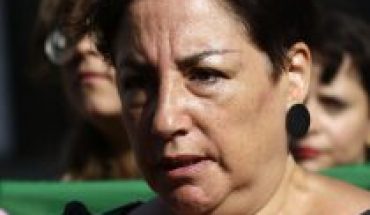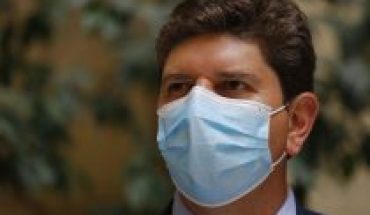
The decision of more than a dozen European countries to suspend the application of the COVID-19 vaccine in AstraZeneca became controversial on Wednesday, with concerns that the measure could undermine public confidence and delay efforts to overcome the pandemic.
Germany’s role, and in particular that of its Health Minister Jens Spahn, is in the spotlight after a chaotic round of early-week telephone diplomacy ended with an agreement between the EU’s largest states to put AstraZeneca on hold.
Spahn argues that he acted on the advice of the experts, after Germany’s vaccine control body reported what he described as a statistically significant number of cases of a rare brain clot.
AstraZeneca says she has found no evidence that blood clots have been caused by the vaccine. The World Health Organization has called on countries not to delayed life-saving vaccination programmes.
Some have seen political motivations behind Germany’s decision both at home and abroad, with opposition leaders calling on Chancellor Angela Merkel to dismiss Spahn.
Authorities in major European capitals have given conflicting explanations as to how the joint measure to suspend the AstraZeneca vaccine occurred.
The measure threatens to hamper Europe’s vaccination campaign just as a third wave of infections is unleashed on the continent, accelerated by more infectious variants.
The bloc has already lagged far behind the US and until recently a member of the EU, United Kingdom, in vaccinating its citizenship. The bloc’s hospitals are filling up again and politicians in several European countries have been forced to consider further confinements, even as other comparable rich countries prepare to return to normal life.
“We need this vaccine,” said Germany’s best-known virologist, Christian Drosten, whose podcast is followed by numerous viewers. Drosten cited forecasts for a resurgence of Easter contagion that could endanger Germans over the age of 60, the next to receive the vaccine.
Ian Jones, professor of virology at the University of Reading in the UK, said the issue of blood clots “has been assumed by politicians who do not distinguish one side of the virus from the other.”
“It’s a domino effect. All it takes is for one or two (countries) to declare that there is a problem and discontinue its use, and then many others will fall into place. I don’t think there’s been any independent decision,” the virologist told Reuters.
A matter of trust
Germany acted after its vaccine monitoring body, the Paul Ehrlich Institute, found seven cases of a very rare brain blood clot among the 1.6 million people who were given the AstraZeneca vaccine in the country, including three fatal cases.
The European Medicines Agency (EMA), a drug regulator in the EU, is investigating reports of some 30 cases of blood clots, bleeding and low platelet levels among the 5 million PEOPLE in the EU who have received the AstraZeneca vaccine.
The EMA will present its findings on Thursday, but in the meantime it has found no causal link to the vaccine and says the benefits of the injection clearly outweigh any risk.
“We are concerned that there may be an effect on vaccine confidence,” EMA Chief Emer Cooke told reporters. “But our job is to make sure that the products we authorize are safe and can be trusted.”
AstraZeneca said it had conducted a review covering more than 17 million people who had received their vaccines in the EU and UK, and had found no evidence of an increased risk of blood clots.
However, a narrow majority of Germans believe it was right for the government to suspend AstraZeneca, according to a Forsa opinion poll on Wednesday, with 54% supporting Spahn’s decision and 39% saying it was excessive.
Germans’ willingness to get vaccinated against COVID-19, 71%, has fallen by two percentage points since forsa’s last survey on 3 March. If the AstraZeneca vaccine were reapplied, 63% would be dissectedput to it.





